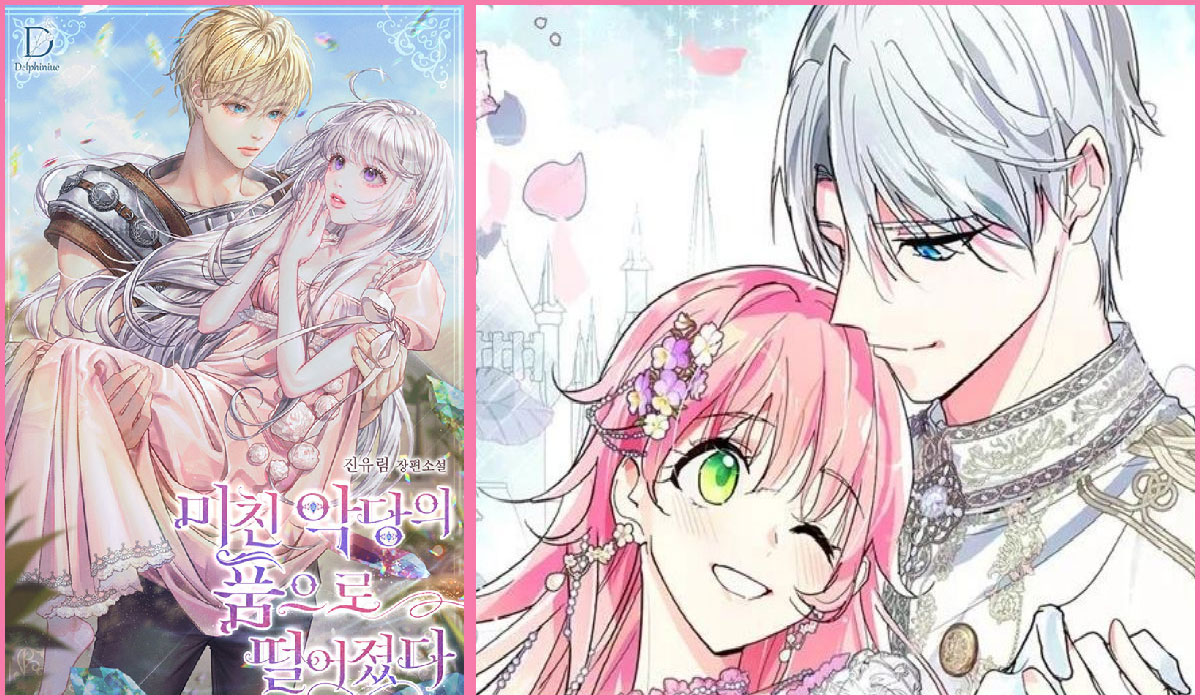In the vast expanse of narrative construction, the element of surprise serves as one of the pivotal experiences that keep audiences engaged and invested. “Fell into the Arms of a Mad Villain” epitomizes the dramatic twists that can make a story memorable. However, the premature revelation of such twists—commonly known as spoilers—can undermine the narrative’s impact. This article delves deep into the nature of spoilers, their effects on storytelling, and strategies to both manage and mitigate their unintended consequences.
The Essence of Storytelling
At its core, storytelling is an art form that thrives on the delicate balance of anticipation and revelation. The journey from the introduction of characters to the climactic resolution is paved with carefully crafted developments that are designed to evoke specific emotional responses from the audience. When a story like “Fell into the Arms of a Mad Villain” is crafted, every plot point and character arc is meticulously woven into a larger narrative tapestry. The power of such stories lies in their ability to transport audiences into a world where the boundaries between reality and fiction blur, allowing them to experience the protagonist’s journey as if it were their own.
The Impact of Spoilers
Spoilers are akin to unwelcome shadows that loom over the narrative landscape, capable of diminishing the brightness of discovery. By revealing crucial plot points or the outcome of pivotal confrontations before their natural occurrence within the story’s rhythm, spoilers disrupt the suspense and anticipation that are fundamental to storytelling. For instance, knowing that the protagonist will “fall into the arms of a mad villain” beforehand can significantly alter the audience’s reception of the story. The intended shock and psychological engagement that would follow the protagonist’s unexpected betrayal or twist of fate are considerably lessened, if not altogether lost.
Psychological Underpinnings of Spoilers
The psychological impact of spoilers is profound. They affect the viewer’s emotional engagement and can alter the neurological response to the story. When key elements are unknown, the brain actively constructs predictions and hypotheses, engaging more thoroughly as it seeks to unravel the narrative’s mystery. This engagement is a crucial part of what makes stories enjoyable and emotionally resonant. Spoilers short-circuit this process, offering immediate gratification at the expense of deeper cognitive involvement.
Managing the Spoiler Effect
To manage spoilers effectively, storytellers and audiences alike can adopt several strategies. One common approach is the use of spoiler warnings in media and discussions, which alerts the audience to the presence of plot-revealing content, allowing them to choose whether or not to proceed. Another strategy is the careful structuring of promotional materials to tease the narrative without disclosing significant twists. For audiences, self-regulation on social media and forums can also play a crucial role. Avoiding specific threads, utilizing browser extensions that block spoiler-laden content, and choosing discussions labeled as “spoiler-free” are all effective ways to preserve the sanctity of the narrative experience.
Cultural Dimensions of Spoilers
The perception and tolerance of spoilers vary across different cultures, influenced by media consumption habits and societal attitudes toward storytelling. In some cultures, spoilers are considered serious faux pas, fundamentally disrespectful to both the creator and the audience. In others, they are viewed more leniently, perhaps because the journey is valued over the destination. Understanding these cultural nuances is essential for media producers and distributors who operate in a global market, ensuring that they cater to the diverse expectations and preferences of international audiences.
Conclusion: Fell into the Arms of a Mad Villain
“Fell into the Arms of a Mad Villain” serves as a metaphor for the treacherous and often unavoidable encounter with spoilers in the realm of storytelling. As narratives continue to evolve in complexity and reach, the discussion about spoilers remains highly relevant. Whether through individual vigilance or collective cultural practices, the ongoing battle against spoilers is pivotal in preserving the integrity of storytelling. Ultimately, the goal is to ensure that each narrative journey—whether it be fraught with danger, romance, or the intricate machinations of a mad villain—remains as impactful and engaging as it was intended to be.
Facts About Fell into the Arms of a Mad Villain
- Definition of Spoilers: Spoilers are unsolicited pieces of information that reveal crucial elements of a plot before they occur within the natural unfolding of the story.
- Psychological Impact: Spoilers can diminish the brain’s engagement with the story by satisfying curiosity prematurely, which reduces emotional and cognitive involvement.
- Cultural Variations: Attitudes towards spoilers vary significantly across cultures, influencing how media is consumed and discussed globally.
- Strategies to Avoid Spoilers: These include using spoiler warnings, moderating promotional content, and individual practices like using spoiler-blocking software and engaging in spoiler-free discussions.
- Impact on Enjoyment: Research indicates that while some audiences claim spoilers ruin their experience, others find that knowing key plot points in advance can enhance their engagement by focusing on how events unfold rather than what happens.
FAQs: Fell into the Arms of a Mad Villain
What exactly constitutes a spoiler?
A spoiler is any information that reveals significant plot details or the outcome of important plot developments before they are revealed within the context of the story itself.
How do spoilers affect the viewer’s experience?
Spoilers can reduce the suspense and anticipation that are crucial to the storytelling experience, potentially diminishing the emotional impact and enjoyment derived from the narrative.
Are there different levels of spoilers?
Yes, spoilers can range from minor details that reveal small plot points to major revelations that disclose critical outcomes or twists, significantly altering the narrative’s impact.
What can be done to avoid encountering spoilers?
To avoid spoilers, one can limit exposure to social media, avoid specific discussions or articles about the media until it has been fully experienced, and use browser extensions that block spoiler content.
Is it possible to still enjoy a story after encountering spoilers?
While spoilers can diminish certain aspects of the storytelling experience, some people may still enjoy the story by appreciating how the plot unfolds and focusing on the storytelling technique and character development.
Read Also Related Article, A Close Look at the flower of veneration chapter 1
For More Information Visit: Megamagazine















